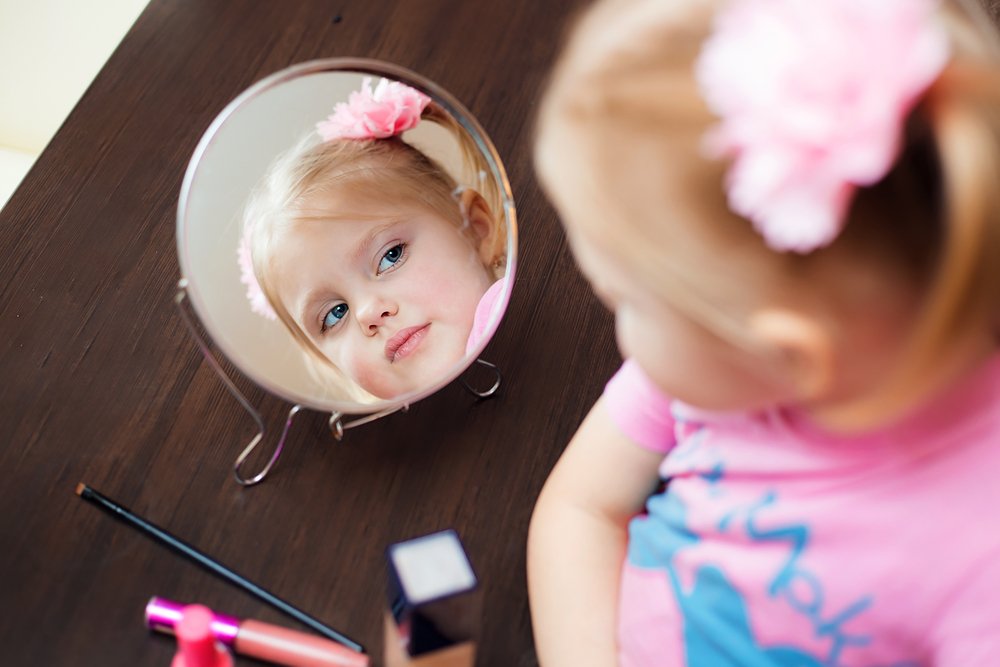Key points:
- The question of when, why, and how children become self-aware has been a crucial inquiry for developmental psychology.
- Psychologist and researcher Daniel Stern drew conclusions from his experiments with infants and toddlers and presented the first evidence of self-awareness in young children.
- Stern conducted one experiment in which he marked children’s faces with rouge and observed their reactions when they saw themselves in a mirror.
- There are various ways in which children may demonstrate increased self-awareness, including using pronouns to refer to themselves, expressing likes and dislikes, and showing interest in friendships and empathy.
Beyond parental curiosity, for decades, the question of when, why, and how children become self-aware has been a crucial inquiry for developmental psychology.
In the book The Interpersonal World of the Infant, published in 1985, psychologist and researcher Daniel Stern drew conclusions from his experiments with infants and toddlers and presented the first evidence of self-awareness in young children.
Experiments to study self-awareness
In one of his behavioral experiments, he placed children between 12 and 30 months of age in front of a mirror, and marked, without the child noticing or being aware of it, the kid’s faces with rouge. When in front of the mirror, he observed that kids younger than 18 months old appeared to be unaware that what they had in front of them was their own reflection. On the other hand, most kids beyond the eighteen-month mark, when they saw the paint in their reflected face, immediately touched the mark on their faces instead of the mirror. Thanks to his findings, we now know to expect important changes in self-awareness between the ages of 2 and 3 years.
Help your child become self-aware
There are many ways in which your child might show their increased self-awareness.
- When they start to use pronouns to refer to themselves.
- When they state their likes or dislikes, or when they show personal preferences towards clothes, food, animals, or characters.
- When they start using first names to refer to people they know, including themselves.
- Further in their socio-emotional development, when they start showing interest in friendships, adventures into sharing toys, and showing empathy.








